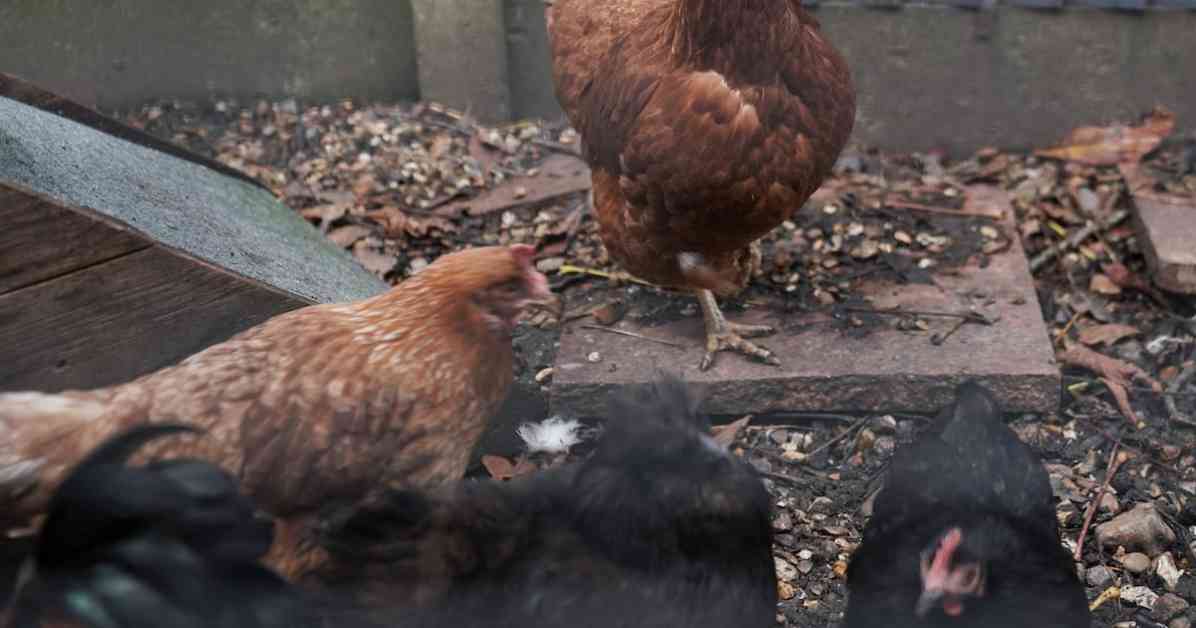An Avian Influenza Prevention Zone (AIPZ) has been established in Northern Ireland after confirmed cases of bird flu in the region, Minister for Agriculture Andrew Muir has announced. The first case was identified in a wild goose near Dungannon in Co Tyrone, with two additional cases in a buzzard near Moira, Co Down, and a whooper swan in Portballintrae, Co Antrim.
Strict Biosecurity Measures Required
The AIPZ will go into effect at noon on Saturday, imposing strict biosecurity measures on all bird-keepers in Northern Ireland. Minister Muir emphasized the importance of immediate action to reduce the risk of avian influenza spreading within the poultry flock.
Significant Impact on Economy
Northern Ireland heavily relies on the agri-food industry for employment, with poultry and egg production contributing over £600 million to the economy. Protecting this industry from the devastating impact of avian influenza is crucial, according to Chief Veterinary Officer Brian Dooher.
Mandatory Biosecurity Measures
The measures within the AIPZ include mandatory rules on cleaning and disinfection, providing food and water that wild birds cannot access, and stringent biosecurity protocols to prevent disease spread. While poultry housing is not currently required, all flock-keepers are urged to enhance biosecurity measures to safeguard the poultry industry.
Expert Warning and Call to Action
Chief Veterinary Officer Dooher emphasized the need for vigilance among flock-keepers, regardless of flock size, to prevent the introduction of avian influenza into the local poultry flock. The potential impact on the poultry industry, international trade, and the overall economy underscores the urgency of taking proactive measures to mitigate the risk of disease incursion.
The establishment of the AIPZ underscores the proactive approach taken by Northern Ireland authorities to protect the local poultry industry and economy from the threat of avian influenza. By implementing strict biosecurity measures and encouraging collective action among bird-keepers, the region aims to minimize the risk of disease transmission and safeguard the livelihoods of those dependent on the agri-food sector.












